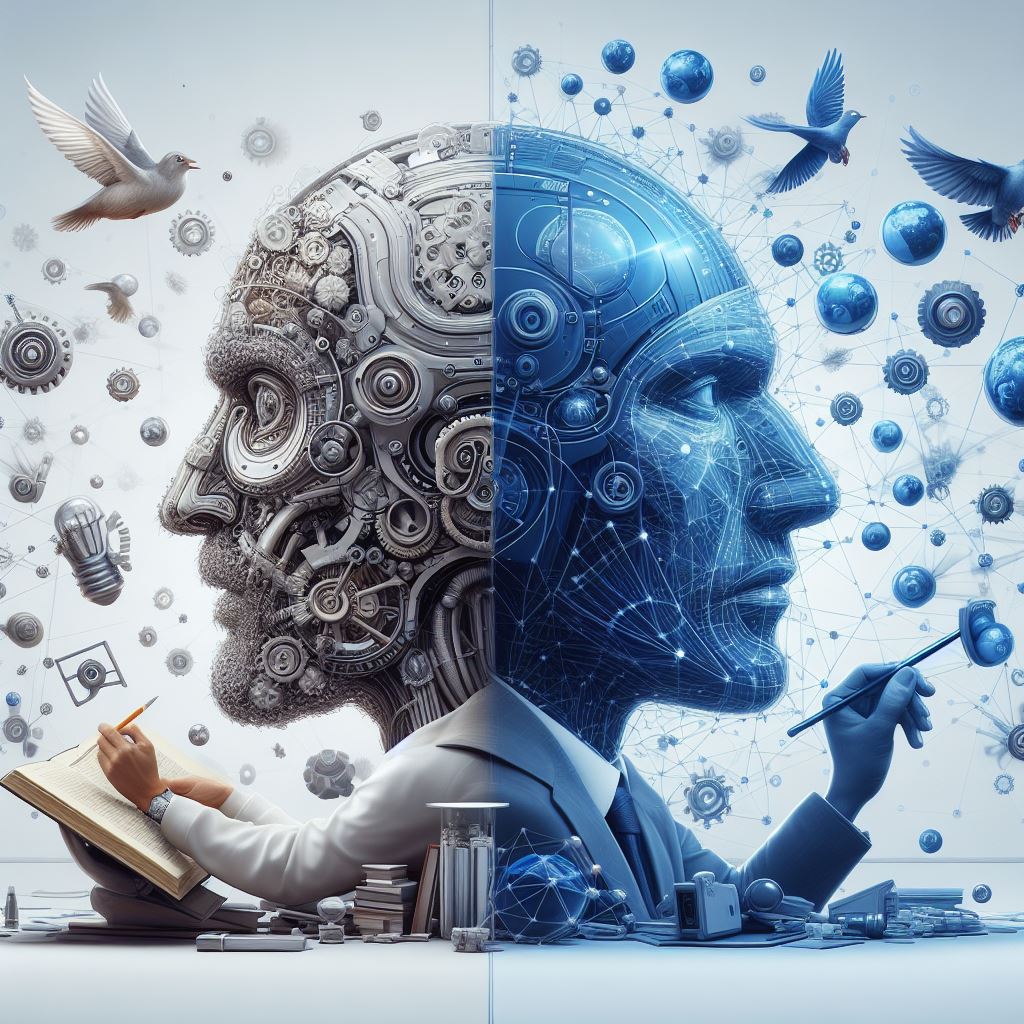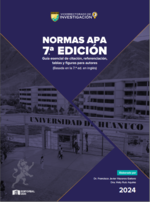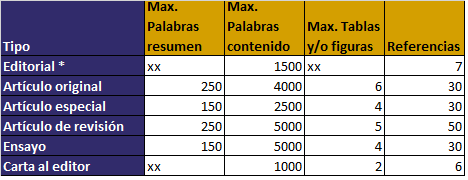Imagen y semejanza: las ciencias sociales ante el advenimiento de la inteligencia artificial
DOI:
https://doi.org/10.37711/desafios.2023.15.1.405Palabras clave:
Imagen y semejanza, ciencias sociales, inteligencia artificialResumen
Los tiempos de crisis transforman a los científicos sociales en seres particularmente divididos. Basados en el conocimiento que han ido acumulando, escriben sobre la probable agudización de la crisis, pero lo hacen con la secreta esperanza de que no suceda. Hacen propuestas sobre los caminos de solución que menos afecten la calidad de vida de la gran mayoría de los ciudadanos, pero lo hacen con el secreto temor de que aquellas no sean viables. O sea, ora quieren ser sorprendidos por la realidad y temen no serlo, ora no quieren ser sorprendidos por la realidad y temen serlo.
Descargas
Citas
Barthes, R. (1984). Le bruissement de la langue. Essais critiques IV. Éditions du Seuil.
Borges, J. L. (1984). Obras completas 1923 - 1972 (Tomo I). Emecé.
Dussel, E. (2020). Para una ética de la liberación latinoamericana (Tomo I). Siglo XXI Editores.
Elola, E. (2023). McDonalds está reemplazando a em-pleados de Auto Mac con IA. En DW. Made for minds. https://www.dw.com/es/mcdonalds-est%-C3%A1-reemplazando-a-empleados-de-auto-servicio-con-ia/a-66400673
Haraway, D. (2004). The Haraway Reader. Routledge.Harvey, D. (2017). El cosmopolitismo y las geografías de la libertad (F. López Martín, trad.).
Akal.Kristeva, J. (2017). Le génie féminin. 1. Hannah Arendt. Gallimard.
Sousa Santos, B. (2014). Democracia al borde del caos. Ensa-yo en contra de la autoflagelación. Siglo del Hombre Ediciones; Siglo XXI Ediciones.

Publicado
Cómo citar
Número
Sección
Licencia
Derechos de autor 2023 Alfredo Leal Rodríguez

Esta obra está bajo una licencia internacional Creative Commons Atribución 4.0.
a. Los autores conservan los derechos de propiedad intelectual (copyright) de las obras publicadas, cediendole a la revista el derecho de primera publicación.
b. Los autores retienen sus derechos de marca y patente, y también sobre cualquier proceso o procedimiento descrito en el artículo.
c. Los autores retienen el derecho de compartir, copiar, distribuir, ejecutar y comunicar públicamente el artículo publicado en la RD (por ejemplo, colocarlo en un repositorio institucional o publicarlo en un libro), con un reconocimiento de su publicación inicial en la RD.
d. Los autores retienen el derecho a hacer una posterior publicación de su trabajo, de utilizar el artículo o cualquier parte de aquel (por ejemplo: una compilación de sus trabajos, notas para conferencias, tesis, o para un libro), siempre que indiquen la fuente de publicación (autores del trabajo, revista, volumen, número y fecha).
























